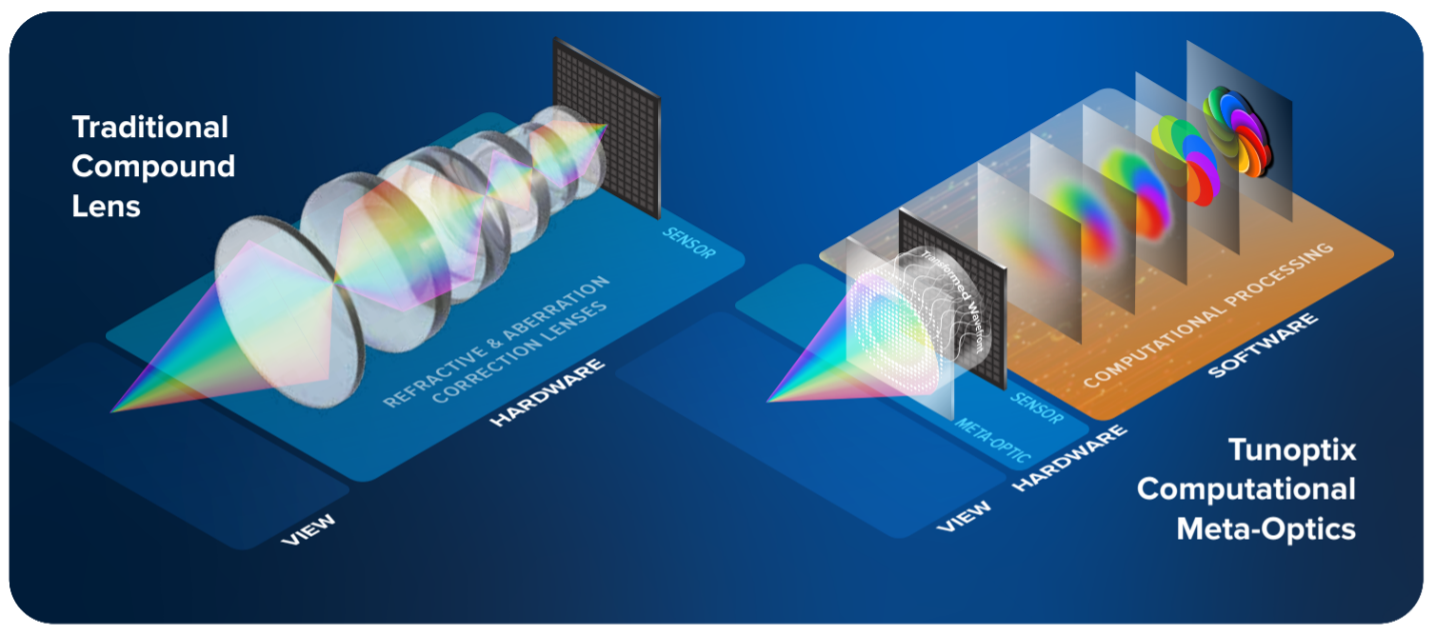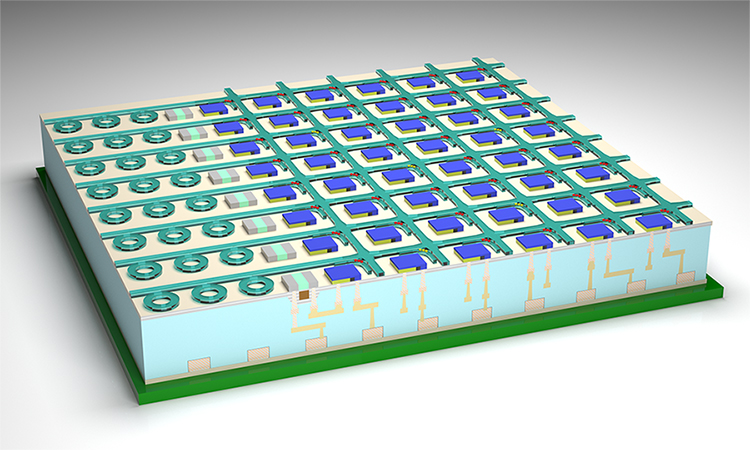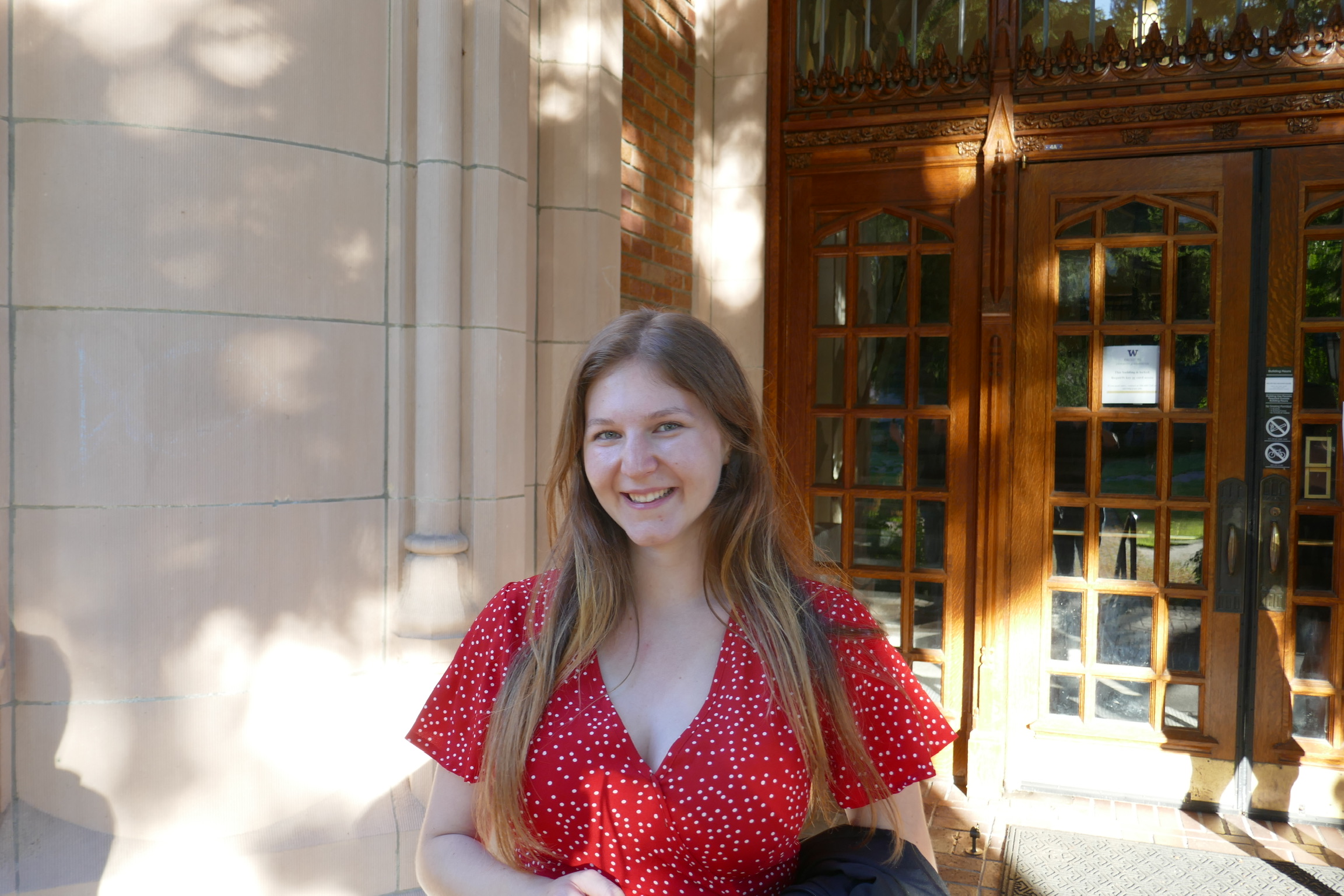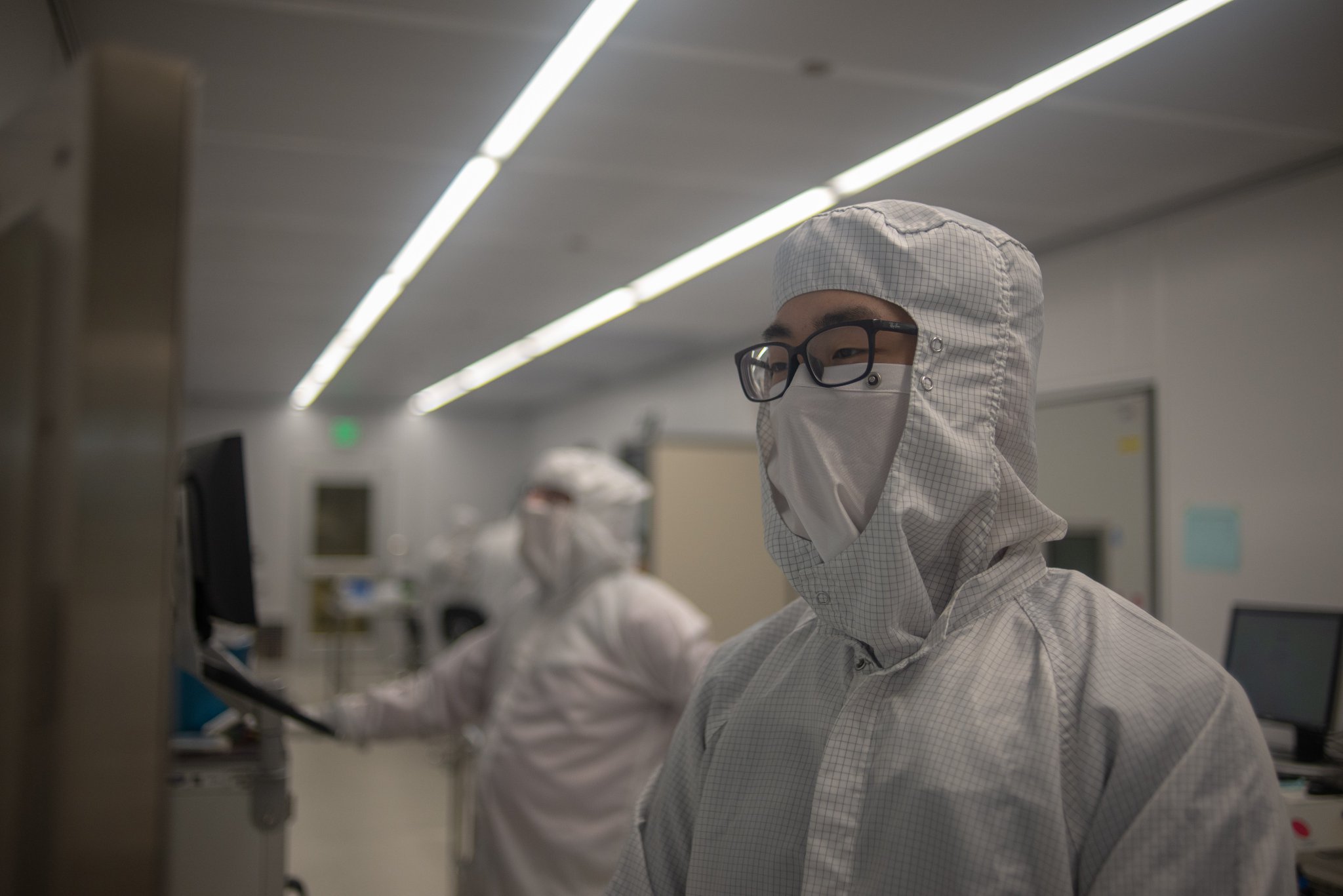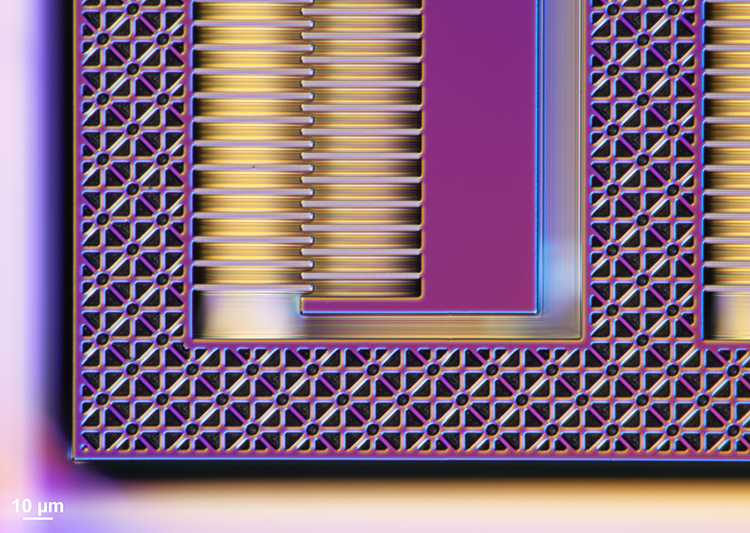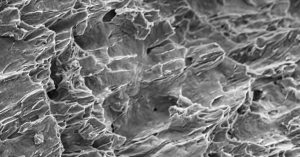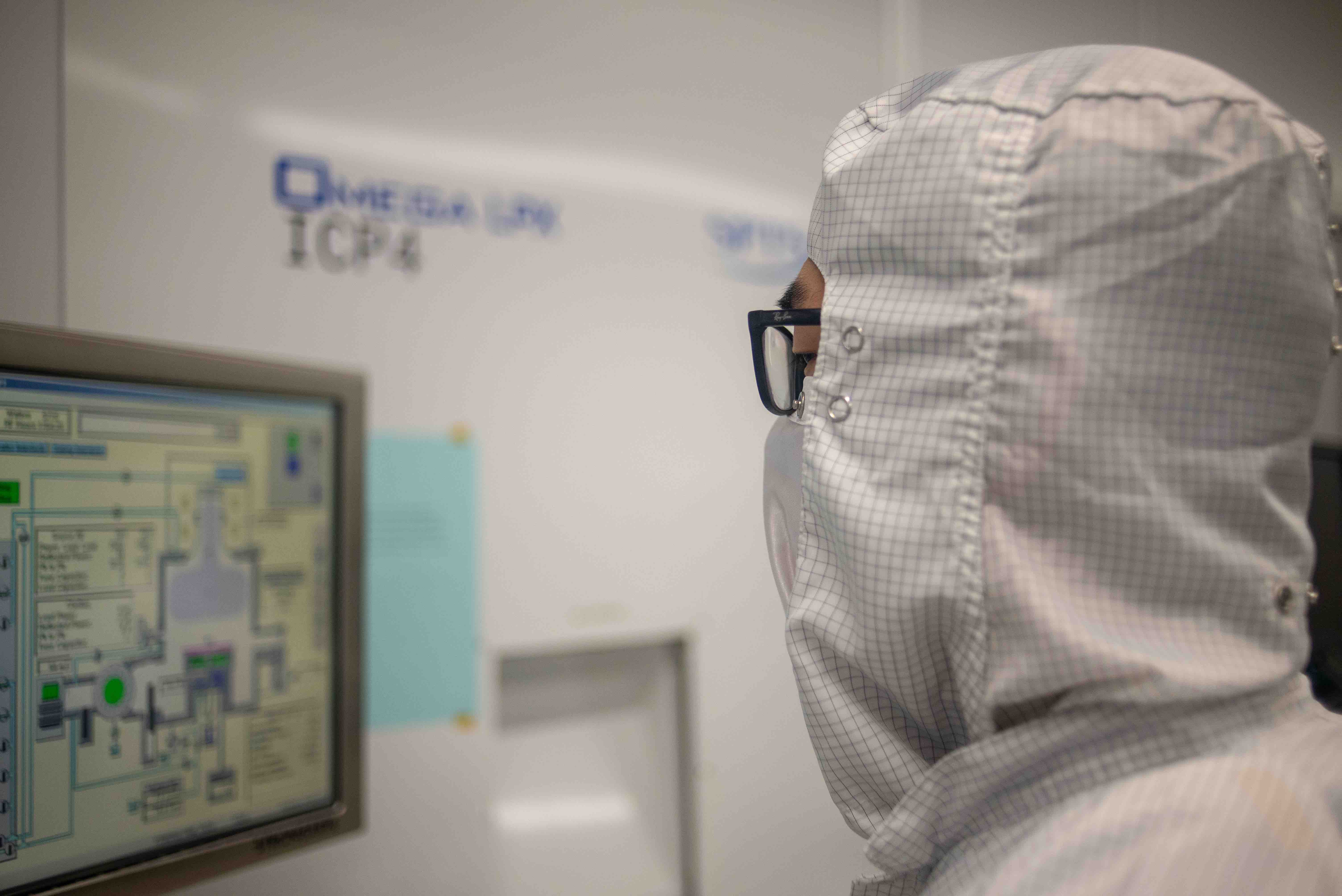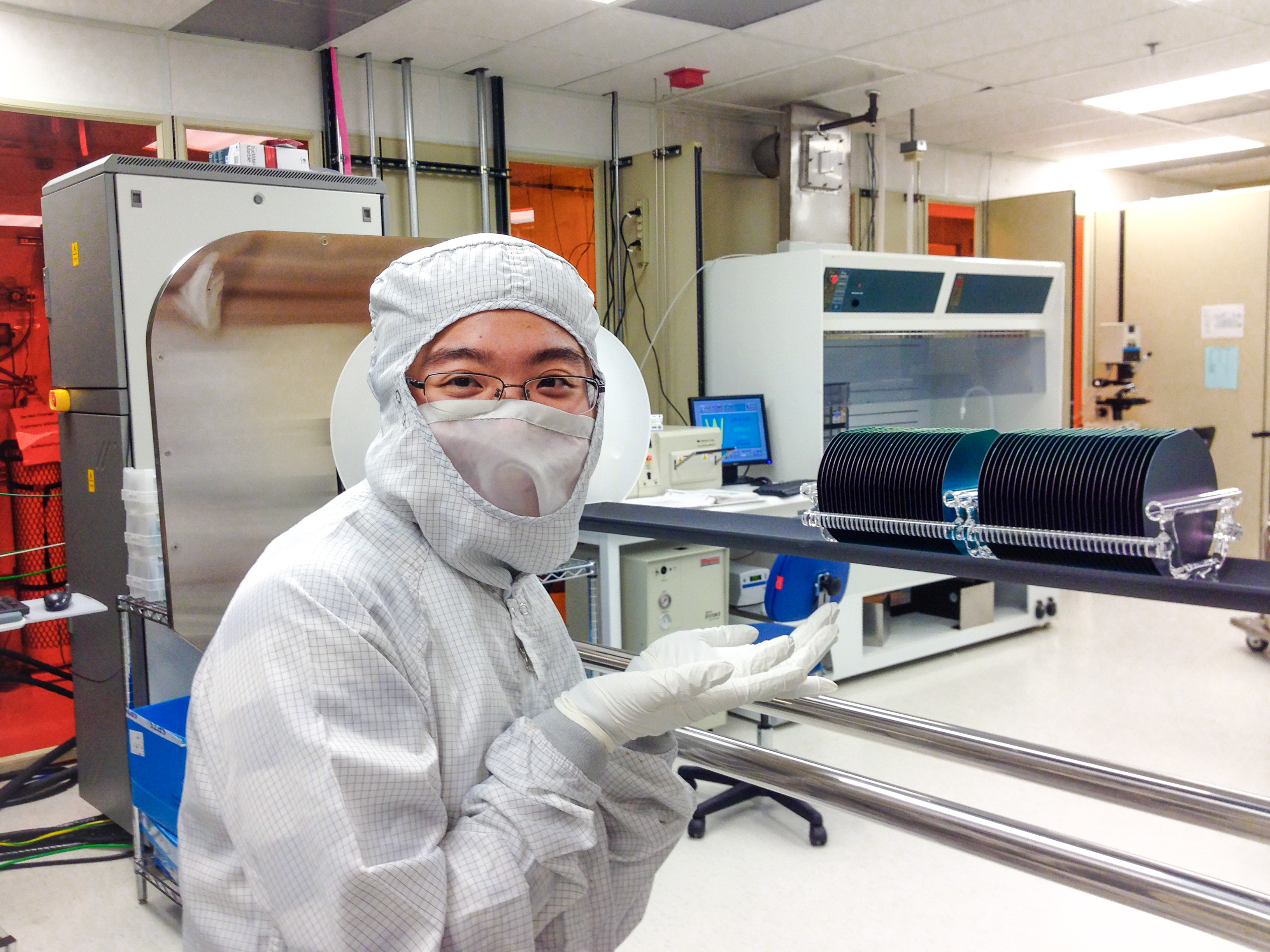WNF user Tunoptix, co-founded by UW Electrical & Computer Engineering Professors Arka Majumdar and Karl F. Böhringer, received a $1,500,000 Small Business Technology Transfer (STTR) Phase II award from the Defense Advanced Research Projects Agency (DARPA) and a Small Business Innovation Research (SBIR) Phase I award from NASA to advance their meta-optics imaging systems.
Small Business awards from DARPA and NASA fuel growth of UW spinout Tunoptix
